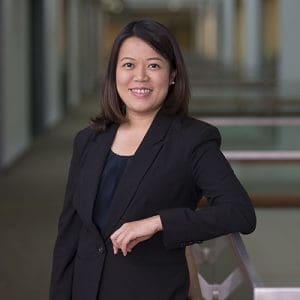ABSTRACT:
Objectives: Despite the rising prevalence of individuals reaching advanced age without children, little is known about the diversity in support networks within the childless populations. We examine social
network profiles of childless adults aged 50+ in Singapore, which observes high childlessness rates despite cultural and institutional emphasis on familism. Methods: We utilize a latent class analysis to derive network typology based on a 2022 nationwide survey in Singapore. We use logistic regression analyses to investigate the sociodemographic correlates of the childless’ network types and the associations between network types and subjective well-being.
Results: Childless middle-aged and older Singaporeans are characterized by different network constellations. Expanding the convoy theory, results reveal the centrality of parents in the childless’ social networks and the continuity of parent-child support exchanges that extend into the child’s later life. When parents are absent, siblings/extended kin serve as the childless’ support sources. One third of the childless are embedded in networks endowed with kin, non-kin, and active social participation, while one-fifth have
restricted networks. Age, sibship size, and SES are key correlates of network types. While childless respondents are generally comparable to the non-childless regarding subjective well-being, those in restricted networks demonstrate worse well-being than other childless and non-childless individuals.
Discussion:We demonstrate heterogeneity in the childless’ network profiles. Contrary to the stereotype associating late-life childlessness and social isolation, many childless individuals manage to construct non-child-based networks equipped with various supportive relations in midlife and late adulthood. Nevertheless, persistent vulnerabilities among restricted network members deserve policymakers’ attention.
Data and time: 12:00-1:15 PM, February 16, 2024
Location: 3505 N Charles St. Room 102
Zoom: https://zoom.us/j/95489790067

